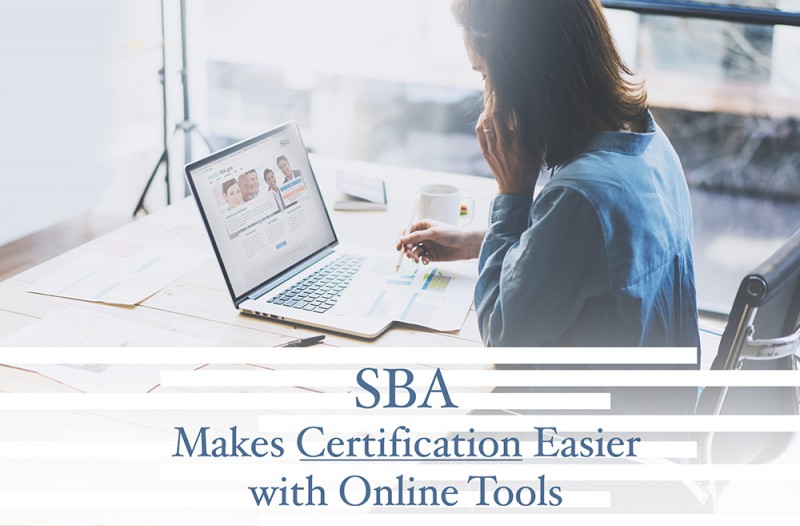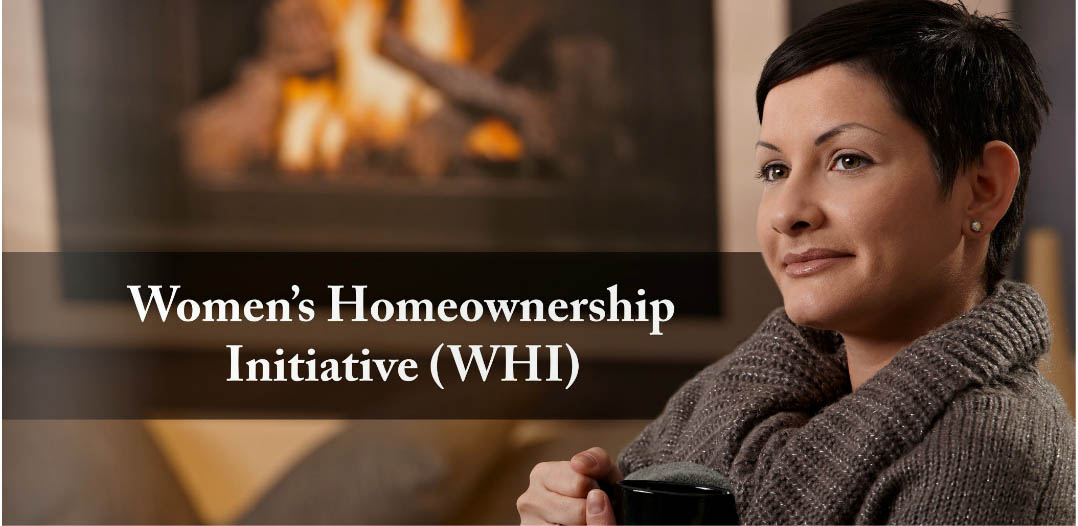
The situation is familiar to every commercial property owner: The lease was signed with great optimism and without extensive negotiation, except for some discussion of the rent and other charges. But now, several years into the lease, the tenant is unhappy about something. The landlord is still collecting rent, but the tenant is grumbling and discontented. Maybe they think that they’re not getting enough customer traffic, that they’re paying too much in common charges, or they now believe that they didn’t strike the best bargain when they negotiated the lease. The lease document itself doesn’t provide any answers. It was drafted with an eye to specifying the payments due and protecting the owner from incurring losses in any number of situations.
What should be done about the situation? The landlord’s first instinct may be to do nothing. The lease has been signed and he or she is collecting rent. What’s the worst thing that could happen? Ignoring the tenant, however, can lead to unfortunate outcomes for both parties. In an ideal tenant/landlord relationship, the two will work together as a team. If the landlord drops out of the game, the tenant may have to take actions to get them back in play. That’s the point at which the tenant may decide to involve others. If the landlord works with a property management company, the tenant could go to another one of your coworkers. They could leave the company bad reviews on Yelp or begin telling their neighbors about how they are being mismanaged. They are pulling others onto their side. This is the beginning of a phenomenon commonly referred to as “triangling.” The harm that can be caused by “triangling” has the potential of being much more substantial than the original complaint warranted. Triangling stifles diversity of voice by creating coalitions in which being against something else is the only thing holding people together. Approaching people and difficult real estate transactions in a relational way makes room in the interaction for differences that do not have to divide people or derail deals. Let’s look harder at the triangling, and some of the benefits that can come out of being aware of the dangerous phenomenon.

 Login
Login





















 Looking at the past fifteen years of progress women business owners have made, I am reminded that there is no one-step solution to solve inequalities between male and female-owned and large-and-small businesses. Rather, women-owned firms have chipped away at the inconsistencies in the federal marketplace and urged elected officials and policymakers to consider women businesses owners in their decision making.
Looking at the past fifteen years of progress women business owners have made, I am reminded that there is no one-step solution to solve inequalities between male and female-owned and large-and-small businesses. Rather, women-owned firms have chipped away at the inconsistencies in the federal marketplace and urged elected officials and policymakers to consider women businesses owners in their decision making.



